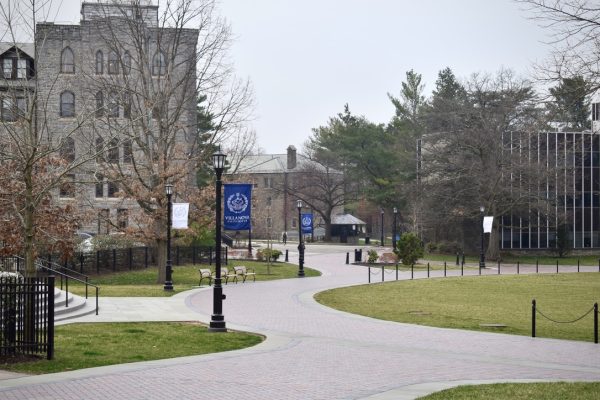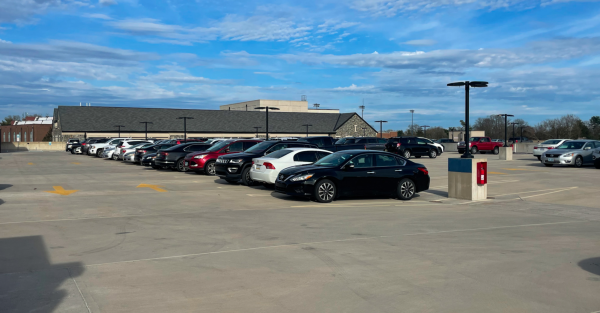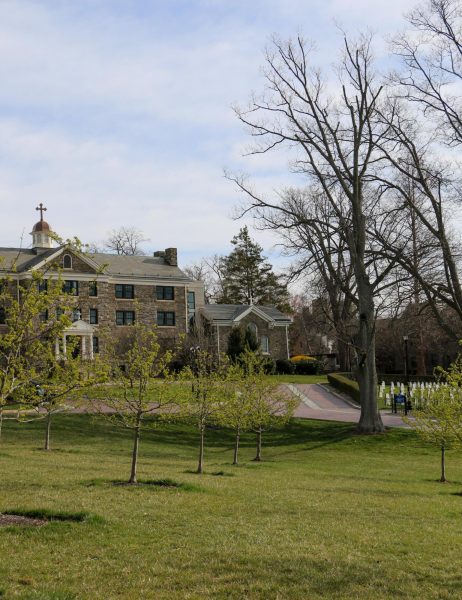Feeling White Racial Identity as Allyship Work
October 26, 2016
“White privilege” is a term that became popular after Peggy McIntosh, a (white) scholar from Wellesley College, began writing on it in the late 1980s. According to McIntosh, one example of white privilege is not having to think of yourself as “white,” or as any race at all for that matter. As the dominant racial identity in the U.S., being white is being normal.
Lately, I have observed that privilege eroding away. White people have been made to feel more aware of their racial identity. I believe the popularization of ideas such as “white privilege,” “checking one’s privilege” and Black Lives Matter have all contributed to this. My white peers have expressed that they feel stereotyped as being racist, for example. People may look at them, especially on this campus, and assume they are wealthy. What is one meant to do after being told they have privilege? Feel guilty for being born to a particular set of circumstances?
I argue that feeling confusion and stereotypes about one’s racial identity as a white person is to experience what people of color have felt for a long time, long before ideas of privilege and Black Lives Matter became national conversations. Feeling stereotypes only comes when one is no longer part of the norm –feeling white racial identity is experiencing giving up privilege in that regard.
While we are trying to work past stereotypes of all types, we are not there yet. Being an ally is not easy. It takes emotional work. It means enduring these confusions and challenges together as a community and a nation. Understand that if you are struggling with being white but you are open minded about dealing with racism, you are already doing difficult work towards greater racial equity.





